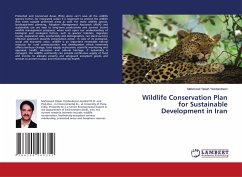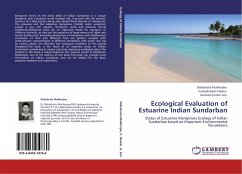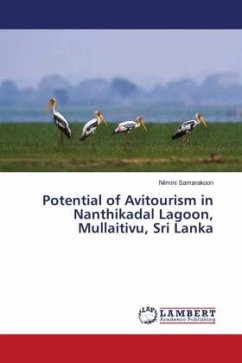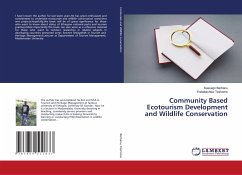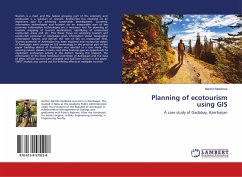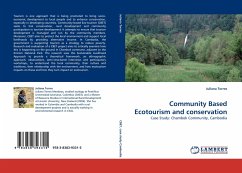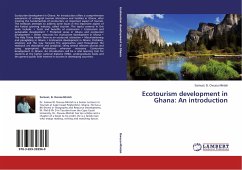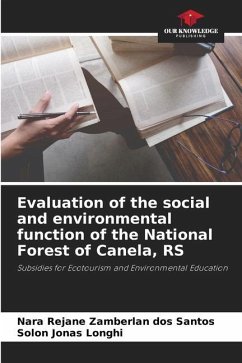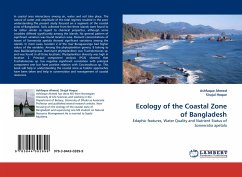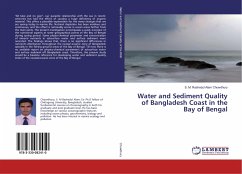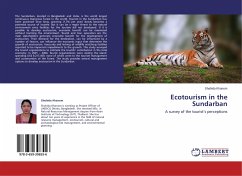
Ecotourism in the Sundarban
A survey of the tourist's perceptions
Versandkostenfrei!
Versandfertig in 6-10 Tagen
36,99 €
inkl. MwSt.

PAYBACK Punkte
18 °P sammeln!
The Sundarban, located in Bangladesh and India, is the world largest continuous mangrove forest in the world. Tourism in the Sundarban has been practiced since long, growing (1.5% per year) slowly becomes a potential source of income. But it can be a major threat to the natural environment since facilities for the tourism still not developed. If it is possible to develop ecotourism, economic benefit can be maximized without harming the environment. Tourist and tour operators are the main stakeholders generate economic benefit for the development of ecotourism. Their demand for the destination,...
The Sundarban, located in Bangladesh and India, is the world largest continuous mangrove forest in the world. Tourism in the Sundarban has been practiced since long, growing (1.5% per year) slowly becomes a potential source of income. But it can be a major threat to the natural environment since facilities for the tourism still not developed. If it is possible to develop ecotourism, economic benefit can be maximized without harming the environment. Tourist and tour operators are the main stakeholders generate economic benefit for the development of ecotourism. Their demand for the destination, can be influenced by a number of factors, can influence the economic input that determine the growth of ecotourism. Insecurity and lacking of wildlife watching facilities reported to be important impediments to the growth. This study surveyed the tourist organizations to estimate the tourists' contribution in the local economy. In 2001 - 2004, Tourist organizations were visiting the island spending US$ 9,217,459, none of which went to the tourism management and conservation of the forest. The study provides several management options to develop ecotourism in the Sundarban.



